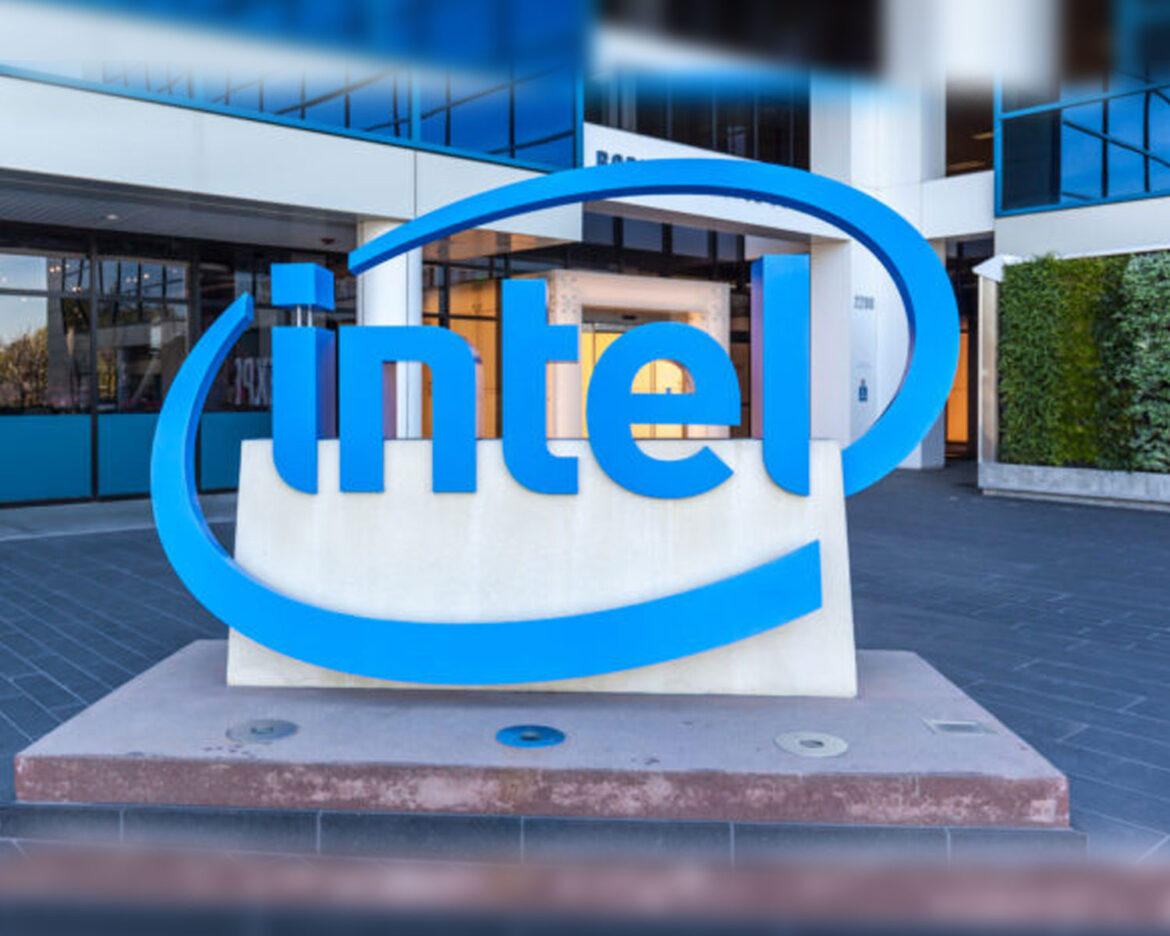In a significant turn of events, Intel Corp has officially announced the termination of its $5.4 billion acquisition agreement with Israeli contract chipmaker Tower Semiconductor Ltd. The decision comes as the firms’ contract expired on Tuesday, following a prolonged period of uncertainty driven by regulatory obstacles.
Sources close to the matter reveal that Intel was unable to secure approval from Chinese regulators for the acquisition, a crucial step mandated by the contract with Tower Semiconductor. This failure to obtain the necessary regulatory clearance occurred in February 2022 and has subsequently led to the cancellation of the deal. Rather than pursuing an extension of the contract, Intel has chosen to pay Tower Semiconductor a $353 million break-up fee.
The inability to secure regulatory approval highlights the broader tensions between the United States and China, especially concerning trade relations, intellectual property concerns, and regional geopolitical dynamics. These issues have particularly impacted negotiations in the technology sector, as exemplified by the Intel-Tower Semiconductor case.
DuPont De Nemours Inc faced a similar predicament in the past year, as the company had to cancel its own $5.2 billion acquisition of Rogers Corp, an electronics materials manufacturer. Regulatory approval delays from Chinese authorities were again cited as the primary reason for the dissolution of the deal.
Despite the setback, Intel CEO Pat Gelsinger remains committed to seeking approval from Chinese regulators for the Tower Semiconductor acquisition. Gelsinger has personally engaged in efforts to navigate the regulatory landscape, including visits to China for discussions with officials. However, Gelsinger has also articulated his intention to invest in Intel’s foundry business, which manufactures chips for external companies, regardless of the outcome of the Tower Semiconductor deal.
Notably, the proposed acquisition of Tower Semiconductor by Intel was positioned as the largest foreign investment in Israel to date. The agreement included Intel’s commitment to invest $25 billion in the establishment of a new factory in Israel. This financial boost was anticipated to have a positive impact on Israel’s tech industry.
In light of the cancellation, investors have adjusted their expectations, resulting in a notable drop in Tower Semiconductor’s Nasdaq-listed shares. The share price, which previously stood at $53 per share, tumbled to $33.78 at the close of trading on Tuesday.
Despite these challenges, Intel’s foundry division has demonstrated resilience. Sales for this division surged in the second quarter, soaring from $57 million to an impressive $232 million. This performance has positioned Intel favorably within the market, even surpassing major competitors like Taiwan Semiconductor Manufacturing Co, a prominent leader in the semiconductor industry.



